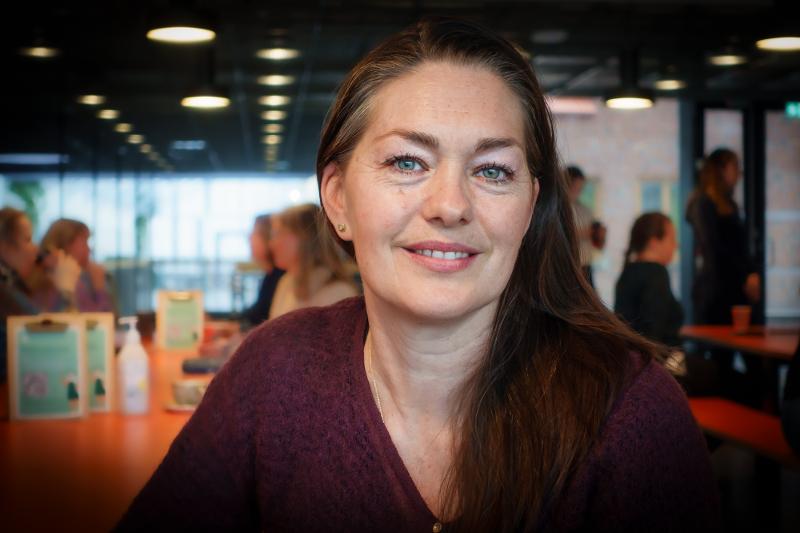The anthropologist's view
Anne Ragnhild Grini is in place as a doctoral student in HealthIntro. She will research the stories of the refugee women in the introduction programme.

Grini is a trained anthropologist and will be a participating observer. This means that she will accompany six refugee women with health challenges. In the autumn of 2022, she will start fieldwork and spend time with women in Harstad, Finnsnes and Kirkenes.
- The plan is to get to know them first. If it works well, I will meet each of them several times during the next year and accompany them in their everyday life as far as they think it is OK, she says.
The result will be the women's own stories, the narrative of what they have experienced, and how they experience coming to Norway and settling in a new country.
Fieldwork in Cuba
Grini took her master's degree in anthropology at UiT and did the fieldwork in Cuba in the late 1990s, where she collected life stories from three different families. She had a particular focus on the women in the families and how they experienced everyday life before and after the fall of the Soviet Union.
- The upheaval was experienced very differently by the three generations in the family: the mother, the daughter and the grandmother. The elders had experienced hunger and illiteracy before the revolution and had met the revolutionary leaders in person.
This meant that the older generation had a high tolerance for the difficulties in Cuba after the Soviet Empire crumbled away. The young people, on the other hand, had a different perspective. They received free education and health care, but they had no prospect of good jobs or development opportunities in Cuba.
- They were frustrated that they could have earned many times as much as highly educated people in the US. In Cuba, they were working in tourism or selling toilet paper in hotels because they earned so little as highly educated people in Cuba.
The listener
Both the education and experience from both Cuba, as well as her professional life, has given Grini an important quality that will be useful for her research in HealthIntro.
- I have worked as a therapist for many years and am used to listening. I have extensive experience in meeting others and being present, she says.
Grini is happy to be part of the research project and is looking forward to working with the municipalities, the research assistants, others involved in the project, and not least the refugee women.